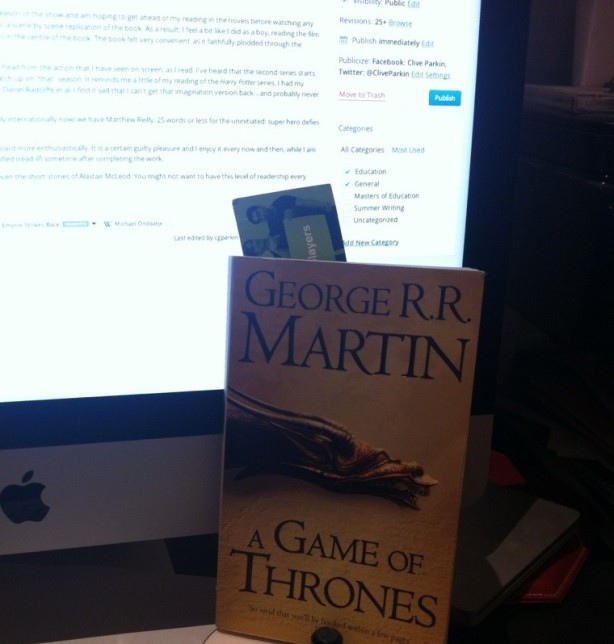The development in student-centred learning is certainly gaining pace in the last few years. Each day, further strategies utilising BYOD (Bring Your Own Device) policies are highlighted, classes are flipped (where students are able to view and review brief videos created by teachers at home) and the role of the teacher continues to be refined. Certainly, the concept of the teacher as the authoritative dispenser of information via chalk and talk is being challenged.
In light of this, what developments are there with the process of interviewing teachers for positions? Currently, it is not uncommon for prospective teachers to be asked to teach a lesson or take a class. It’s not something that I’ve had to do, but I’ve often wondered about this. Does it lead to the potential for a “crackerjack” lesson to be delivered by a candidate – perhaps the best that they can do? Or is it designed more to weed out those who might handle the interview itself successfully enough, but give little indication of the fact that they would be flounder if put in front of a more ‘colourful’ Year 9 class? Certainly it has probably had its value over time and, as a general litmus test, one can determine a degree of rapport (or not) between a teacher and a group of students.
So, do schools need to visit how they interview teachers? If we are looking at dynamic and innovative ways of interacting with students and delivering content, does this stand at odds with more traditional methods of demonstrating your classroom credentials? Perhaps the criteria need to be considered as part of the application process, looking at a wider range of skills such as:
- examples of a teacher’s ICT skill base and how this directly correlates to classroom activities
- a teacher’s ability to facilitate and mentor, rather than be the arbiter of instruction
- a demonstration of a teacher’s connection to the need for lifelong learners in society (and with the ability to be taught by the students as well)
- the place of content and creation in the classroom
- the need to teach the value (or otherwise) of the ICT tools as part of the learning process
Would love to hear about “different” experiences in the selection process that you have witnessed or experienced.


